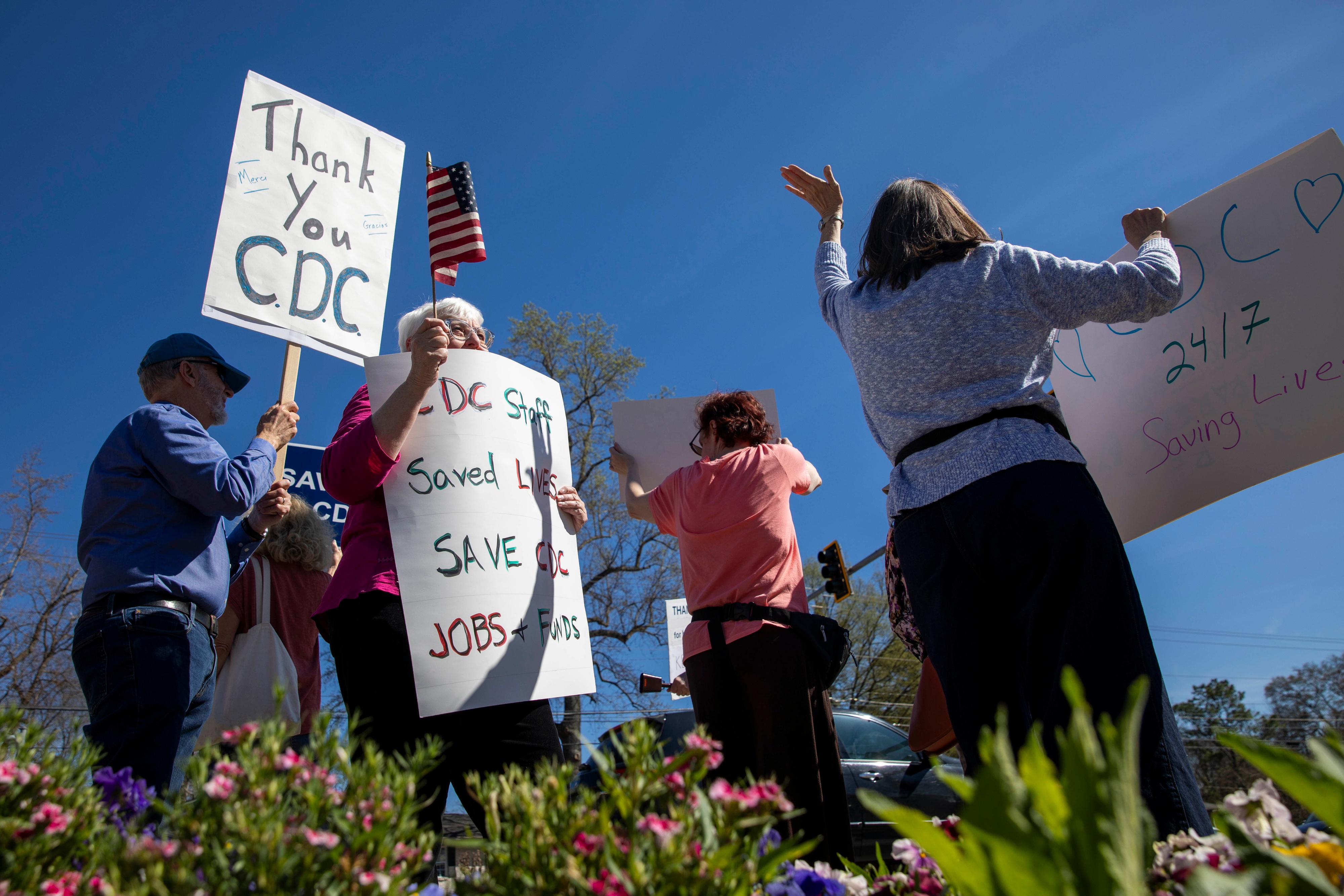Americans' Trust in Public Health Leadership is Waning
The Shifting Landscape of Public Health Trust
The recent poll reveals that changes in federal health leadership have resulted in an anticipated decrease in trust among Americans towards public health recommendations. This trend is largely fueled by the perceived unpredictability and lack of unified messaging from new authorities.

Partisan Perspectives
The expectation of eroding trust is not uniform across the political spectrum. Many identify a clear partisan divide, with Republicans showing greater distrust compared to their Democratic counterparts. This divide raises questions about the impact of political ideologies on public perception of health initiatives.
Dr. Anthony Fauci once noted, "Public health is an investment, not an expenditure." This belief underscores the broader concerns about consistent and authoritative public health messaging.
Key Factors Affecting Trust
- Frequent changes in health policy and leadership.
- Lack of clear and consistent communication from health authorities.
- Influence of political agendas on public health strategies.
Engaging with Public Health Information
For those seeking trustworthy information, reliance on reputable sources such as the CDC and the World Health Organization remains crucial. These organizations offer guidelines grounded in scientific research, aiming to bridge the trust gap.
Recent studies published in Science Magazine highlight the importance of educating the public on distinguishing between scientifically validated health information and misleading claims. Educational campaigns must be bolstered to reaffirm public health legitimacy.
The Role of Social Media in Perception
Social media plays a double-edged sword role in shaping perceptions. While it spreads awareness, its vast reach can also propagate misinformation. Thus, initiatives aimed at improving public health literacy on these platforms are increasingly essential.
Follow reliable social media accounts like CDC's Twitter and health influencers who advocate for facts over fiction.
As public health continues to face challenges amid new leadership, staying informed through credible sources becomes vital. Further resources can be explored through books on health policy available on platforms such as Amazon.
For continued updates and insights on public health developments, regularly visit authoritative news outlets and professional health websites that are committed to delivering factual, unbiased news.
